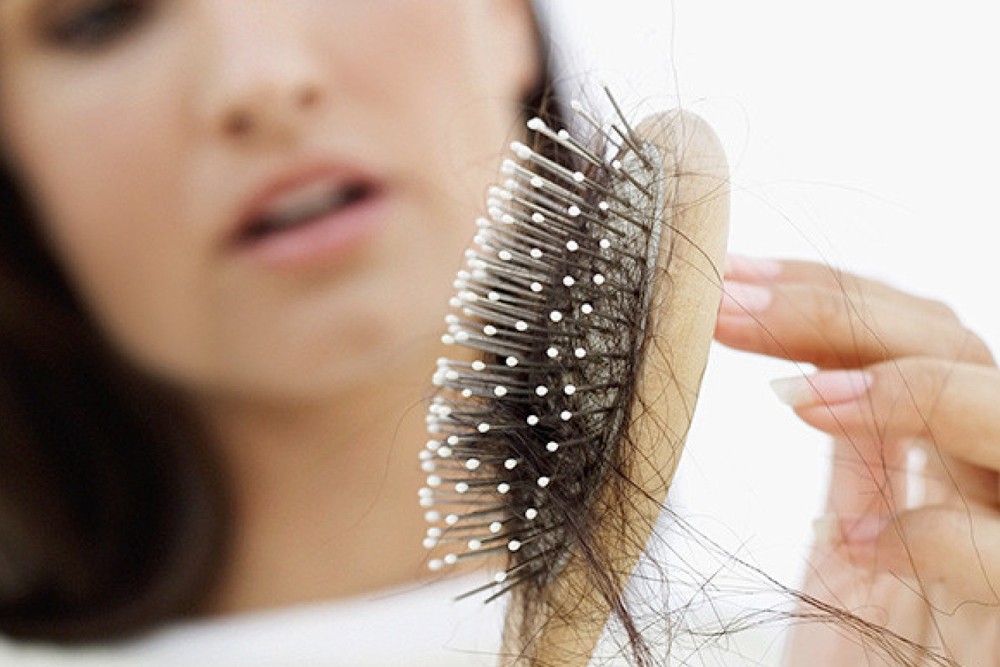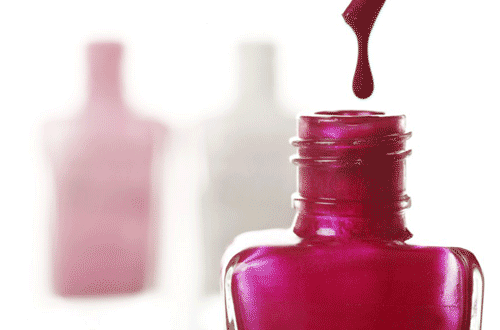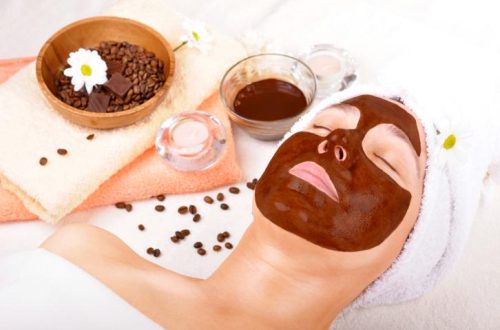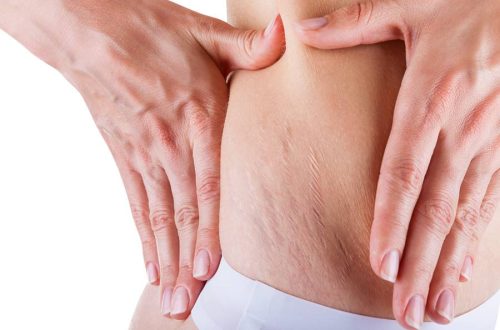Did you know that there is a strong link between vitamin deficiency and hair loss? If your diet lacks certain nutrients, especially over a long period, it can affect your hair follicles.
Hair, skin, and nails are often the first signs that indicate a lack of nutrients in the body. If your hair is falling out more than usual, thinning, or breaking, you may want to take a look at the following nutritional deficiencies that cause these symptoms.
Nutritional deficiency can influence both the structure of the hair and its growth.
Zinc
A lack of zinc intake is one of the most common nutritional deficiencies that causes hair loss in women. It is responsible for accelerating the regeneration of skin and hair cells, as it generates numerous enzymatic functions in the body, including hair growth. Zinc is also responsible for promoting the growth of new hair strands.
To obtain zinc, consume foods such as nuts, seeds, oysters, or lentils daily.
Iron
You may already know that iron is an important nutrient for your hair, but do you know why? Iron helps transport oxygen to cells, including hair follicles, which is vital for its growth and regeneration.
The best source of iron is not meat. In fact, the acidity of meat can break down collagen in the body and cause deficiency again. It is best to obtain your iron intake from plant sources. Plant-based foods such as spirulina, quinoa, chia, cocoa, seaweed, flaxseed, and soybeans are all excellent sources of iron.
To increase iron absorption, it is necessary to consume foods rich in vitamin C. Vitamin C facilitates iron absorption.
Proteins
Hair is made up of 90% protein, so if you lack protein in your diet, your hair may suffer.
You should try to get as much protein as possible from plant foods, as they are the most friendly to hair, body, skin, and heart. These sources include lentils, chickpeas, beans, spinach, almonds, peas, walnuts, hemp seeds, chia seeds, pumpkin seeds, and spirulina.
Vitamin A
Vitamin A is very important for skin, hair, and nails. In fact, a deficiency in vitamin A can cause many issues, from acne, joint pain, poor vision, to hair loss.
Getting a good dose of vitamin A comes from all orange fruits and vegetables. The best sources are carrots, sweet potatoes, and cantaloupe. Apples and greens are also fantastic sources.
Vitamin C
Vitamin C is a critical nutrient in your diet, not only for the immune system but also for hair, skin, and nails. Vitamin C produces collagen in the skin and regenerates your cells.
This vitamin is responsible for a large number of enzymatic reactions that trigger growth, maintenance, and repair in the body. The best way to obtain vitamin C is not through a pill but through diet. This nutrient is easily absorbed from many common foods. Blueberries, lemons, tomatoes, pineapples, broccoli, cherries, oranges, grapefruits, apples, and most leafy green foods are all excellent sources of vitamin C.
Healthy Fats
You should regularly consume raw, healthy plant fats to keep your hair, brain, and body in excellent condition.
The best sources of healthy fats are found in nuts and raw seeds, in raw vegetable oils such as cold-pressed olive oil, hemp seeds, raw coconut, and coconut oil. Consuming these foods is the best way to obtain beauty-friendly fats.
Let’s not forget that stress can also increase hair loss, so smile more often!





